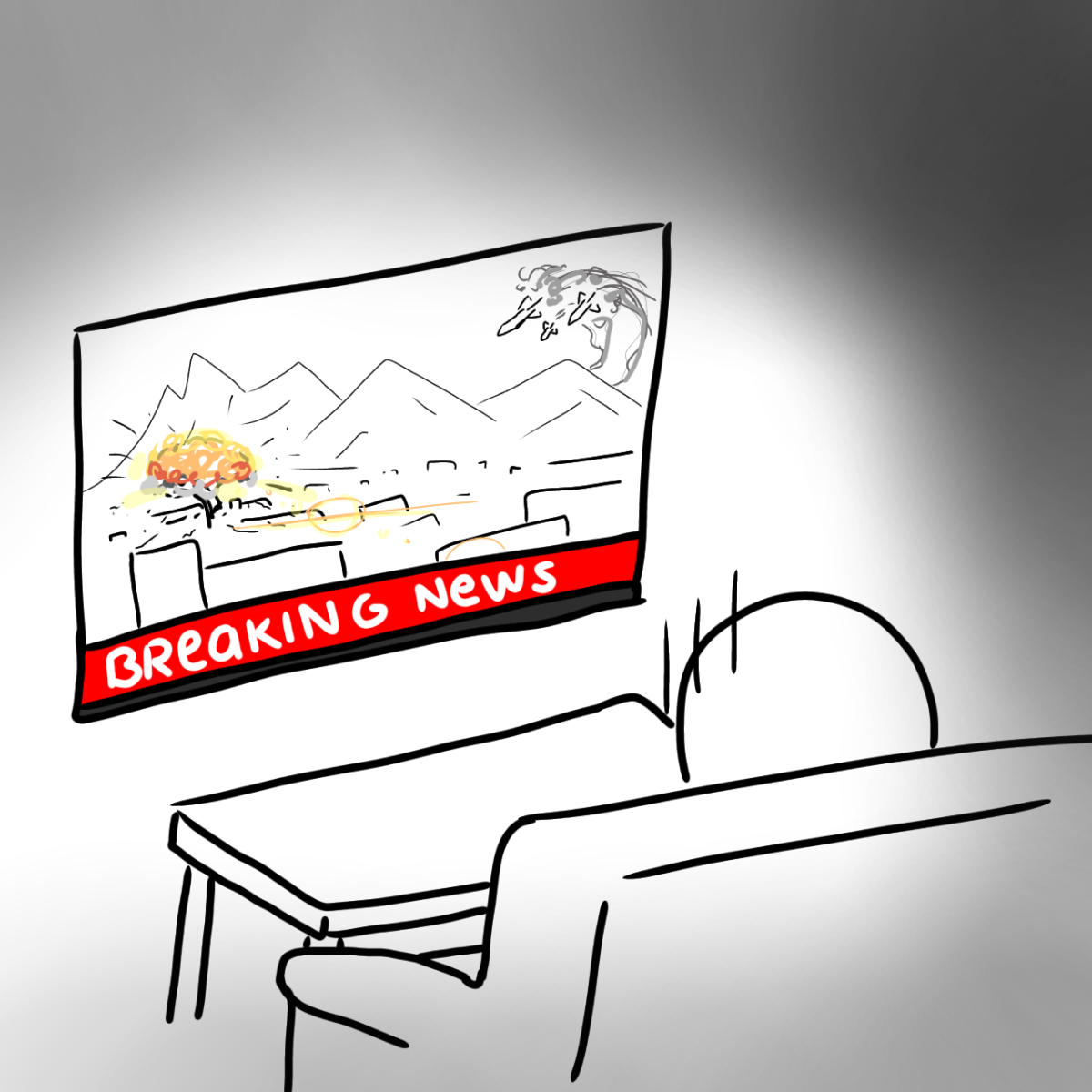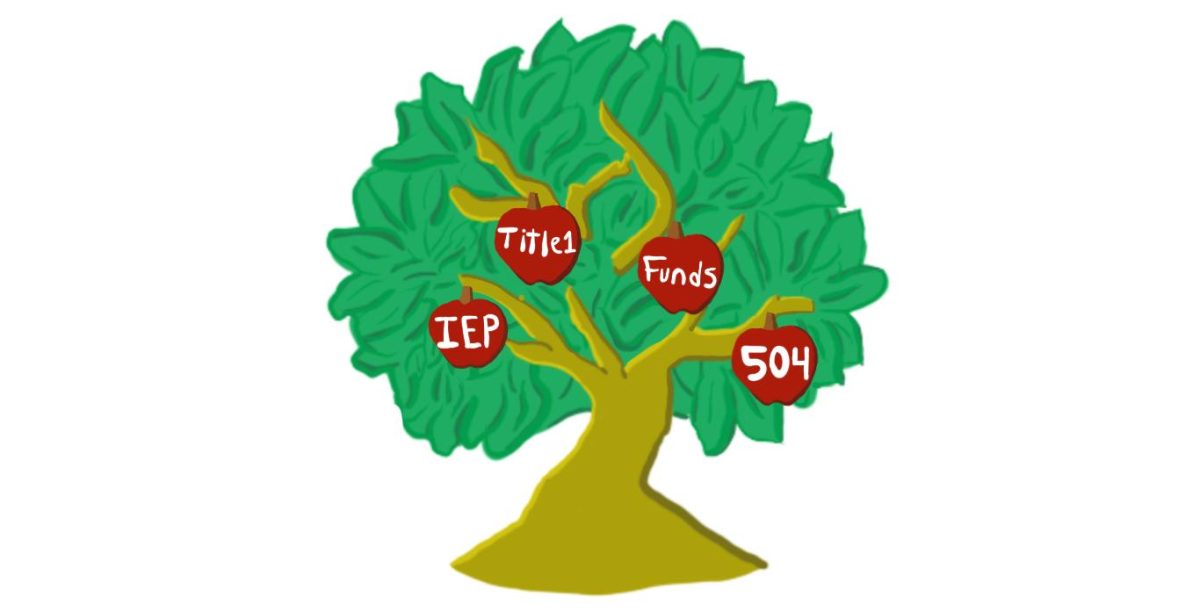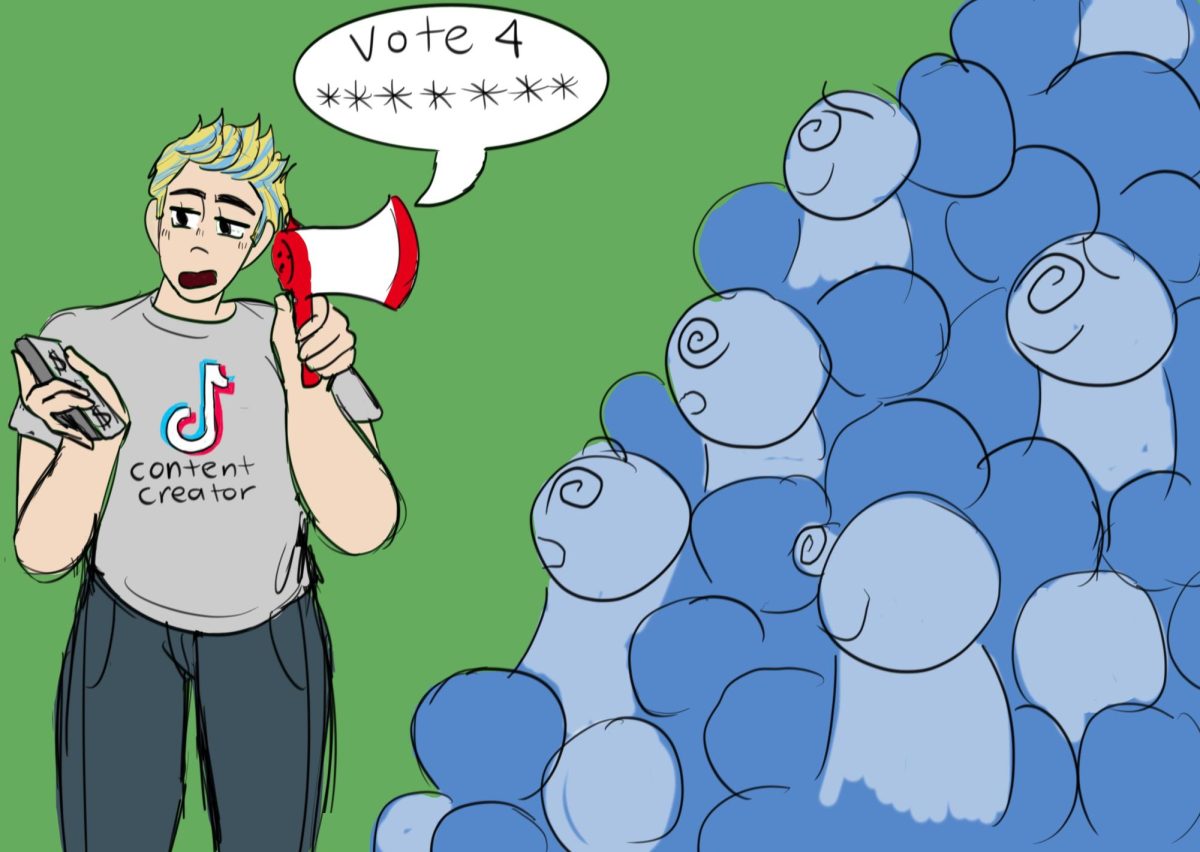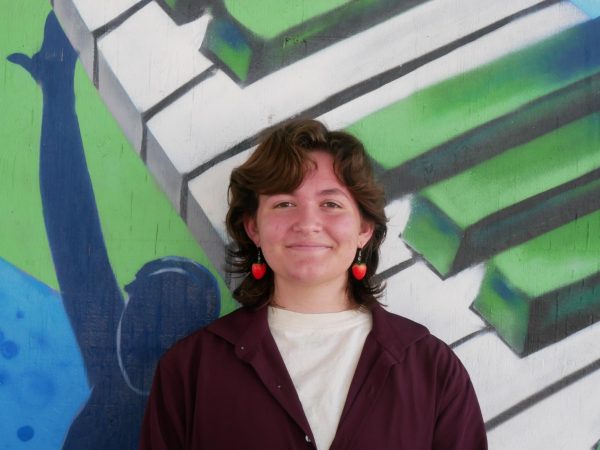On Oct. 7, the Palestinian militant group, Hamas, launched an unprecedented land, sea and air attack on Israel, killing and injuring numerous civilians, as well as taking many as hostages. Benjamin Netanyahu, the Israeli Prime Minister, declares a state of war. As the conflict continues, concerns and questions arise regarding the motivation of Hamas, a classified terrorist group by a multitude of countries.
The assault was the deadliest “that the country has suffered in generations,” as explained by CNBC, an American business news channel, as well as the worst single-day of death of Jews since the Holocaust. People from Hamas have killed and kidnapped at least 1,200 Israelis, holding several United States (U.S.) citizens and Holocaust survivors. As a counteroffensive, Israel has bombed parts of the Gaza Strip, a Palestinian populated region of Israel, as well as initiated a blockade, economically and physically.
Hamas, or the acronym for Harakat al-Muqawama al-Islamiya, is an Islamic resistance movement that aims to replace Israel and establish an Islamic Palestinian state. The actions the group takes, including bombings, kidnapping and firing rockets have allowed the U.S., Europe, Japan and Australia to designate it as a terrorist group.
The conflict has a larger history within tensions, with territorial disputes and religious control over parts of Jerusalem. The decade-long conflict contains different sides that view the territory as their rightful homeland and the negative military actions taken on either side. There is widespread debate and conflict because of this. Unfortunately, Jews around the world are blamed for the actions of the Israeli government over its control of the Gaza Strip. The issue has moved away from a political debate, evolving into a global human rights issue.
When the conflict between Palestinians and Israelis arises, rates of anti-seministic, or hostility and hate against Jewish people, acts increase. In a couple of instances, bomb threats have been made to synagogues around the U.S., as well as a kosher restaurant vandalized in London and increased use of the swastika in New York and Missouri. In Australia, a group of protestors were shown shouting outside of the Sydney Opera House with the phrase, “Gas the Jews,” and other anti-seministic remarks. “The recent surge in antisemitic attacks is not an isolated phenomenon but part of a long-standing pattern,”VOA news, an American radio broadcaster said.
Many extremist pro-Hamas or pro-Palestinian rallies have exhibited anti-seministic over and undertones. This issue includes people hiding an important part of their identity for protection. Locally, rallies have created fear among Jewish civilians, though it is worth noting that this situation is not the first time such events have transpired.
In both 2020 and 2021, when clashes between Palestinians and Israelis peaked, anti-semitism increased to a rate of 152 percent and 187 percent, reported by Brian Levin, an extremism researcher and professor at California State University. Following the attack, this pattern has continued and it is seen in the UK, which has had at least “89 anti-Semitic” acts as well as many that have gone unreported globally, according to LBC, a British radio station.
Inside Israel, incidents are being reported that terrorists have kidnapped and raped civilians, killed babies and young children, and targeting civilians, Israel has retaliated by bombing the strip and most recently, a plan to invade northern Gaza as citizens struggle to escape safely. Both sides of the government hold a responsibility for lives and protection, but the civilians do not.
While some may argue that the issue does not revolve around anti-semitism, but rather anti-zionism, or the idea of a sovereign Jewish nation in Israel, the effect of anti-zionism has negative repercussions against Jewish people. These recent acts show parallels with actions prior to the Holocaust. The vandalization of Jewish businesses and synagogues, and “the growth of anti-Jewish rhetoric online,” according to the Washington Examiner, an American publication. These groups are targeted for their ethno-religion, not their affiliation with the Israel-Palestine conflict.
Despite any views one may hold, it is important to recognize immoral actions that have occurred around the world. Fear grows among families more and more for their safety and well-being. On Oct. 13, this fear only grew. Former Hamas Chief, Khaled Meshaal, called for a “Day of Jihad” for a day of protest to support Palestine. This idea spread around the world, as some schools closed, or sent out messages in warning of the day. For instance, Sweetwater Union High School District (SUHSD) sent out an email, warning students and staff of the day.
Though, Jewish people are coming together in community to mourn the loss of lives in Israel, and grieve in unity. “It feels absolutely necessary for us as a community to come together,” president of the Jewish Federation of San Diego, Heidi Gantwerk says, according to San Diego Union Tribune. Efforts are being made by communities to provide humanitarian assistance to those in need.
The war is still ongoing, as Israel plans a northern ground invasion and calls for civilians to evacuate the area. Humanitarian issues prevail as a result. Tensions are still high globally, as anti-semisitc acts rise and political debates transpire. Governments issue increased security for Jewish schools and synagogues as communities unite to rally for safety.








